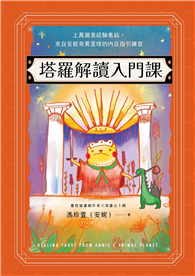"Think of a city whose inhabitants respect more than each other and their own interests. Its destruction would not be a crime against humanity but a crime against life. They might not bomb such a city."There is no moral reason for humanity to continue, if its ends are limited to itself. And this is how we must stop seeing ourselves. This is why we destroy each other. If we disregard the life around us, why should we not be equally disregarded?"- Mura, a young performance artist, in The Wild Horses of HiroshimaAn American medic, Jonathan Springborne, wounded in the Pacific theatre and recuperating in Japan after the Second World War, sets out to find if Myeko, his former pen pal, has survived the bombing of Hiroshima. She has, but not her family. Jonathan brings Myeko back with him to America where they raise their child in a climate of thinly coated racial tolerance. Upon her husband’s death, Myeko returns to Japan with their son Yukio. Despite becoming a champion sumo wrestler, he only achieves full acceptance into Japanese society after writing a memoir telling the story of his family’s origins that transforms him into a symbol of the country’s tragic history. In his retirement he continues to write and, part way through one of his narratives, Yukio finds himself caught up in the entanglement of his geisha lady, Satoko, and her underworld client Boss Hirohito, whose jealousy sets in train a series of events that ultimately cause Yukio’s path and that of the performance artist Mura and her boyfriend Yoko to cross. Here, life and art merge with Yukio drawing inspiration from the real life events surrounding the two lovers and, finally, giving moral license to an act on the part of Yoko that his former Yakuza Boss requires before he will exercise his power to bring the wild horses into the city.Mura, whom the Hiroshima Nuclear Disarmament Committee has contracted to do performance pieces for the greater enlightenment of visitors to the city, wishes to make a much larger statement to the world as a whole. Her understanding of the nuclear question is that human society is basically self-centered and in order for its cities not to be indiscriminately targeted despite their cultural achievements, as with Dresden in the Second World War, they need to show themselves valuing the totality of life and not simply their own human interests. A city that is able to accommodate the natural world, she argues, will no longer be a target for destruction and will help to diffuse the nuclear confrontations. Mura’s idea is to fill Hiroshima with wild horses and leave the question to the world, "Would you bomb us again? Would you bomb a city that treasures all of life?"

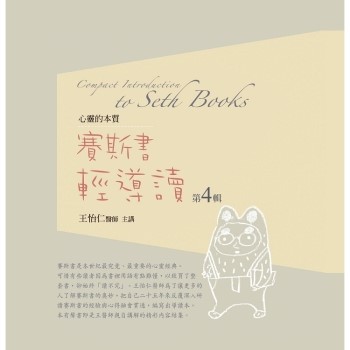
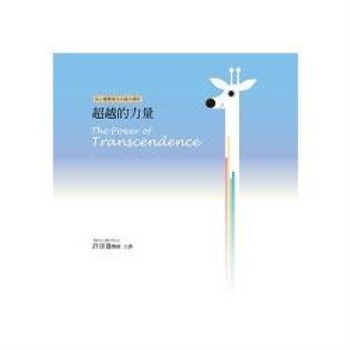
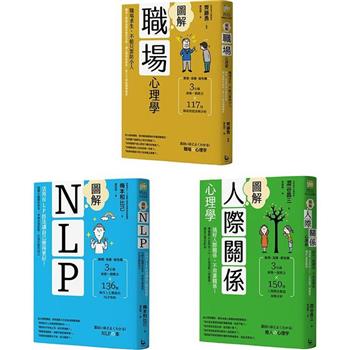
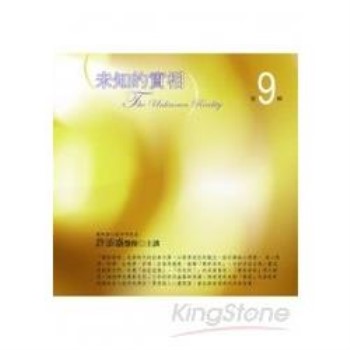
![塔木德:猶太人的致富聖經[修訂版]:1000多年來帶領猶太人快速累積財富的神祕經典 塔木德:猶太人的致富聖經[修訂版]:1000多年來帶領猶太人快速累積財富的神祕經典](https://media.taaze.tw/showLargeImage.html?sc=11100697818)






